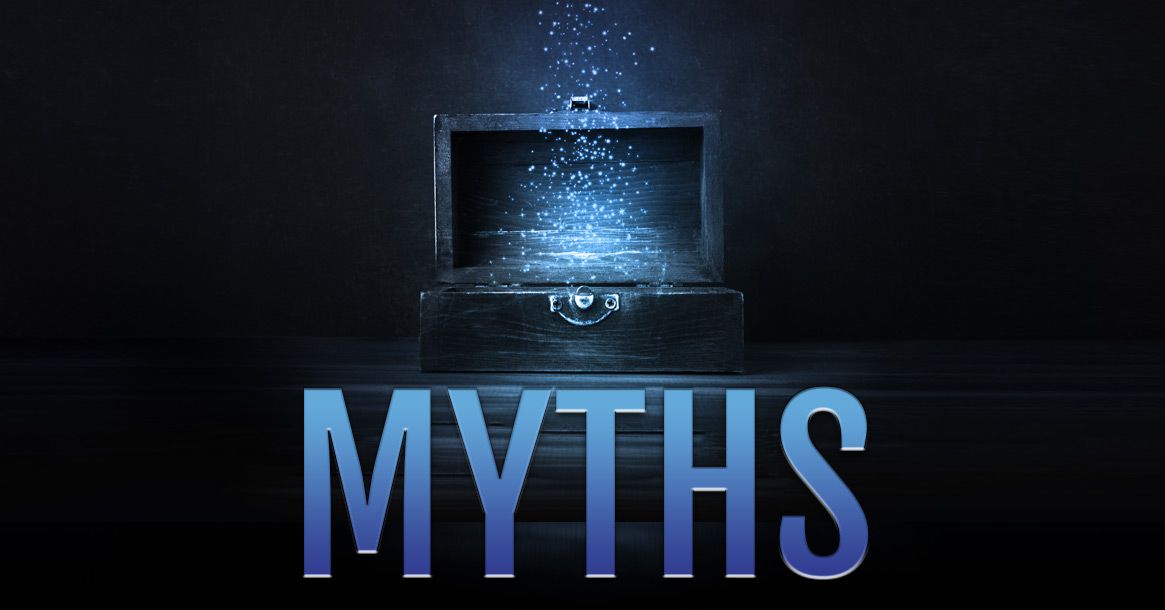Continuing our series of “Myths of Litigation Science,” we turn to another big myth. When we discuss our witness effectiveness training with potential clients, one of the things that we hear most often is, “our attorneys sufficiently prepare our witnesses.” From our experience, this is not always the case. The reason for this has nothing to do with the experience or ability of the attorney, though. We have worked with highly skilled and highly experienced attorneys across the country. The reason why attorneys are not always successful in preparing their witnesses for deposition and trial testimony is because the legal aspects of the case are only part of the equation for an effective witness.
The four errors witnesses make
There are four errors that witnesses make when providing testimony. Of these, three are psychological. The first psychological error witnesses make is cognitive. This error involves the witness not fully listening to the question, misinterpreting the question, attempting to figure out where the line of questioning is going, not thinking clearly, adopting opposing counsel’s inaccurate terminology, etc. We find that attorneys often attempt to overcome these errors by telling witnesses, “Listen fully to the question.” However, witnesses often do not recognize that they are making these cognitive errors or understand why they are making them. This is where a litigation psychologist comes in. A litigation psychologist with clinical experience can work with witnesses to describe to them the difference between “workplace brain” (i.e., efficiency over effectiveness) and “deposition brain” (i.e., effectiveness over efficiency). The litigation psychologist can also explain to witnesses the ways in which opposing counsel attempts to exploit the witnesses’ reliance on “workplace brain.” And simply telling the witness to “listen better” or “be aware” is not enough; the witness requires training on a different way to think and process information that can only be provided by a trained psychologist.
The second psychological error witnesses make is emotional. This error involves the witness becoming defensive, angry, confused, nervous, etc. This type of error often occurs when opposing counsel brings up a “threat fact” or attempts to play “head games” with a witness. A “threat fact,” commonly referred to as a “bad fact,” is one of the primary claims being made by the opposing party that justifies their initiation of the lawsuit. It may be an act or an omission that the client allegedly engaged in that brought about the lawsuit. At its core, a “threat fact” causes witnesses to become uncomfortable and leads them to believe that it is something that they need to fix by trying to justify their actions. However, attempting to do this often makes things worse because they appear defensive or argumentative. A clinically trained litigation psychologist can work with witnesses to explain the psychological underpinnings of what is occurring and how to remedy them.
As it relates to “head games,” opposing counsel will often attempt to disrupt witnesses’ cognition by engaging in behaviors such as, asking repeated questions, responding sarcastically to witnesses’ responses, acting confused in an attempt to get witnesses to provide more information, and becoming upset with witnesses to get them to acquiesce to the attorneys’ assertions. Providing the skills necessary to overcome these head games is something that is often outside of the skill set of attorneys. However, qualified litigation psychologists are well trained in providing witnesses with the required skills necessary to avoid falling into theses traps.
The third psychological error witnesses make is behavioral. With many depositions being videotaped, the mannerisms and tone that witnesses use in response to questions has become increasingly important. As Albert Mehrabian famously published in his 1971 book, Silent Messages, only 7% of a speaker’s credibility assessment was related to the actual spoken words—the remaining 93% was attributed to the speaker’s body language (55%) and his or her tone of voice (38%). The arena of nonverbal communications is something that attorneys are not trained on and often do not attend to during deposition preparation. This is yet another area where a litigation psychologist’s training is crucial.
The final error witnesses make is strategic. This may include misremembering case facts, mixing up case facts, or not being familiar with case documents. This is an area where the attorney must take the lead. We believe that the inclusion of a litigation psychologist is a partnership with counsel, not a replacement for their critical legal skills and experience. The goal for involving a litigation psychologist should be to assist attorneys and their clients in strengthening their case.
We have found that utilizing this team mentality has been highly successful in helping attorneys and clients improve their cases. For example, Mike Martin of Graves and King recently told us, “The manner in which you were able to put our very nervous witness at ease with the process, as well as your patience (and diligence) in working with him on appropriately responding to the difficult and often confusing concept questions of ‘safety’ was invaluable. I cannot overstate how much of a difference your sessions made in the overall preparation.” Mr. Martin has been practicing law for 27 years and is a partner at his law firm. Therefore, our involvement in preparing the witness had little to do with his ability or experience as an attorney, it was more about complementing his legal skills with psychological ones. Our clients would not have it any other way.

Be confident in achieving superior litigation outcomes. CSI has the expertise, track record, and capabilities to help you win.



